ASSAf honours for four UCT scientists
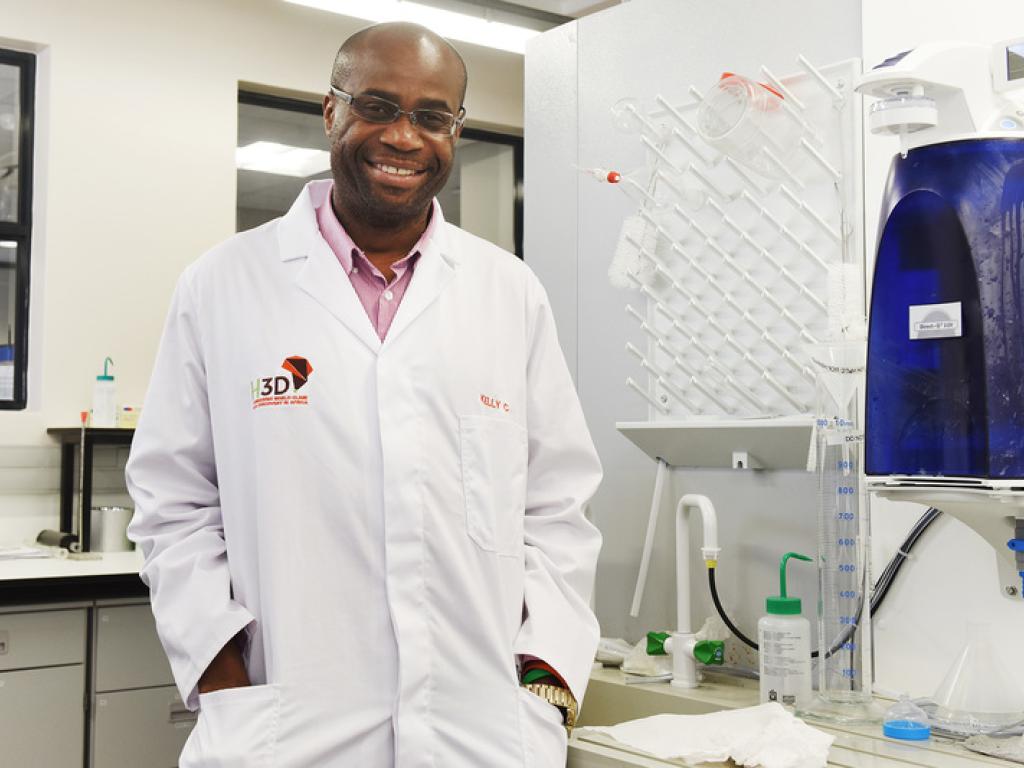
ASSAf honours for four UCT scientists
11 October 2018 | Story Supplied. Read time 4 min.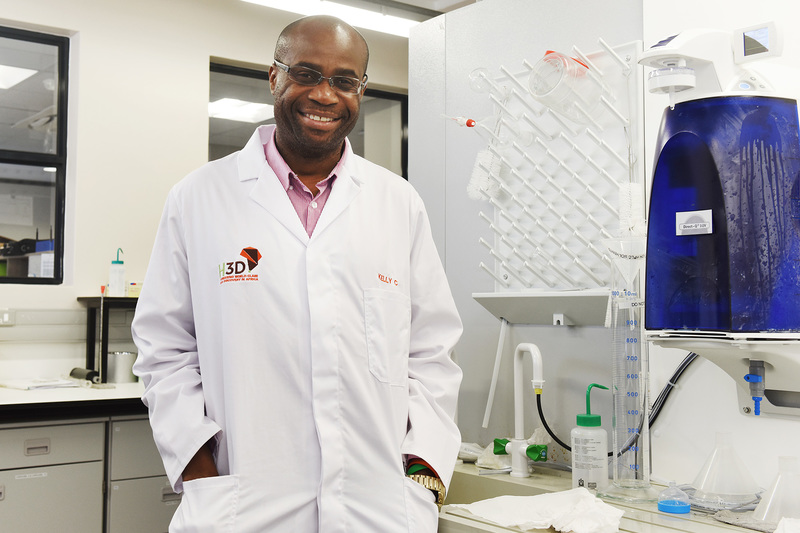
University of Cape Town (UCT) professors Kelly Chibale, Virna Leaner and Kevin Naidoo have been honoured among 20 of South Africa’s leading scholars and scientists inaugurated as Members of the Academy of Science of South Africa (ASSAf).
Chibale, whose Drug Discovery and Development Centre (H3D) at UCT pioneers world-class drug discovery in Africa and who has also become known for his pivotal work on malaria, is a professor of organic chemistry and a full member of UCT’s Institute of Infectious Disease & Molecular Medicine (IDM).
Leaner, professor and head of the Division of Medical Biochemistry in UCT’s Faculty of Health Sciences, is working with her group of researchers to seek out novel cancer biomarkers that could serve as therapeutic targets. Her focus is part of a massive shift in cancer research towards discovering more targeted therapeutic alternatives to chemotherapy and radiation.
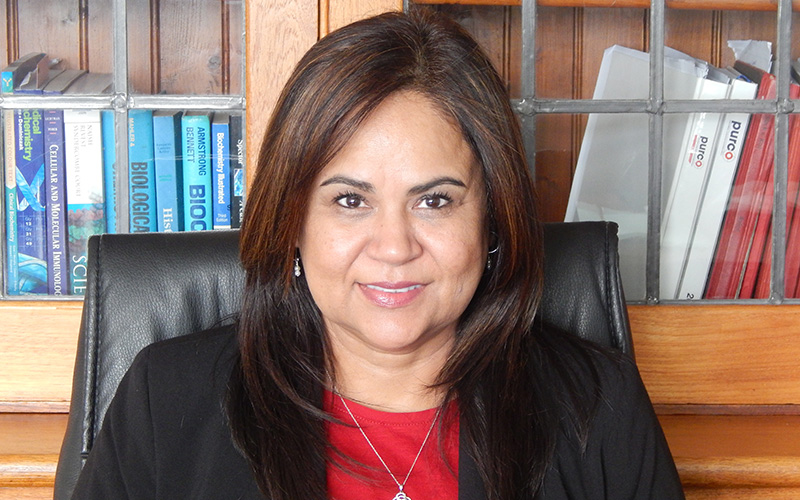
Naidoo holds the Department of Science and Technology/National Research Foundation (DST/NRF) South African Research Chairs Initiative (SARChI) Chair in Scientific Computing, and is director of the Scientific Computing Research Unit in UCT’s Chemistry department. He uses informatics and computer-modelling techniques to interrogate data and simulate complex molecular processes in disease.
His current work is focused on identifying cancer sub-types and isolating the key molecular signatures of different kinds of tumours.
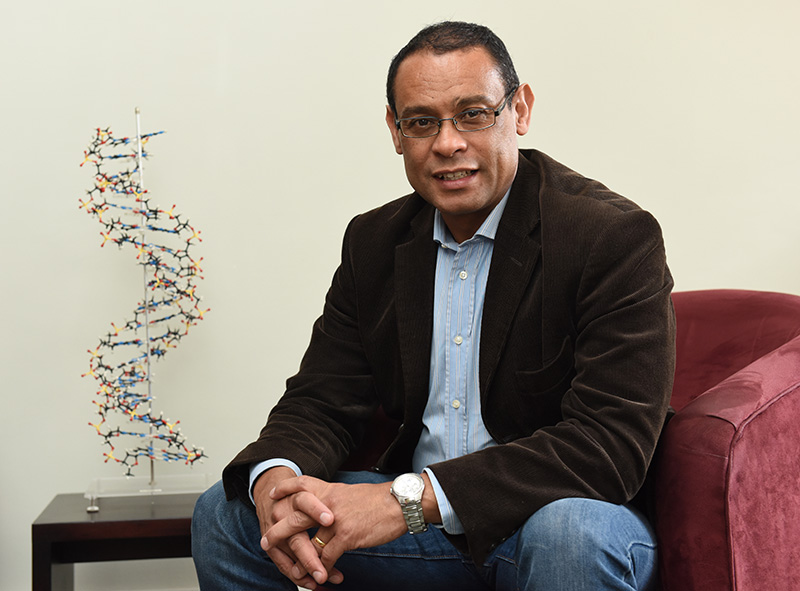
The three were inaugurated as Members of ASSAf at the annual awards ceremony this week, with the new 20 Members bringing the total academy membership to 559. Honouring South Africa’s most outstanding scholars from the full spectrum of disciplines by electing them to membership is among ASSAf’s core functions.
The academy said in a statement that the election of new Members annually by full existing Members reflects recognition of scholarly achievement, and is a great honour.
“Members are the core asset of the academy and give of their time and expertise voluntarily in the service of society.”
“Members are the core asset of the academy and give of their time and expertise voluntarily in the service of society.”
ASSAf also recognised UCT’s Professor of Medicine Linda-Gail Bekker as one of two recipients of ASSAf Science-for-Society Gold Medals at this week’s ceremony. The medals are conferred for outstanding achievement in “scientific thinking to the benefit of society”.
Bekker is an outstanding physician-scientist who has made major contributions to the prevention and treatment of HIV and TB, the academy said. As deputy-director, she co-leads UCT’s Desmond Tutu HIV Centre with her husband and scientific collaborator, Professor Robin Wood. The centre, with its 450-strong research team, is internationally renowned for its contributions to TB and HIV research in South Africa.
Bekker has published more than 350 peer-reviewed journal articles that have garnered over 14 000 citations, several of which are in high-impact journals such as Science, The Lancet and The Journal of Infectious Diseases.
The academy said she is deeply committed to improving healthcare services for the poor, making substantial contributions to creating several HIV treatment and prevention centres primarily serving vulnerable and marginalised populations in Cape Town.
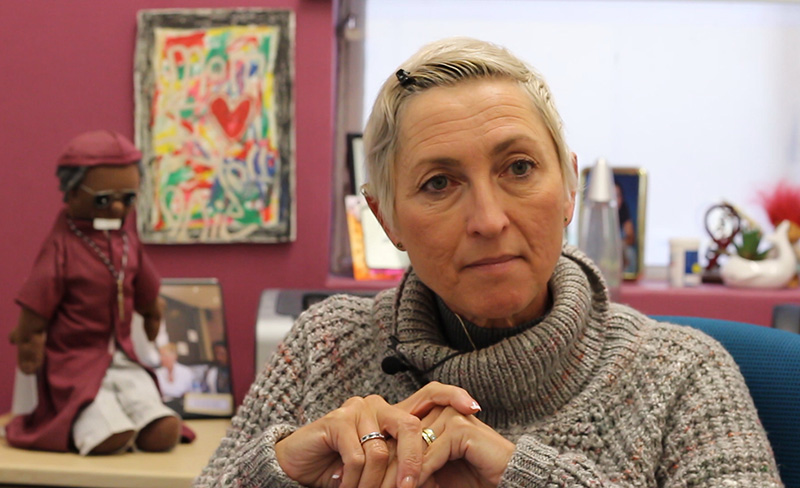
Leading young scientists
UCT also featured in ASSAf’s inauguration of 10 new members of the South African Young Academy of Science (SAYAS), with Dr Sarah Fawcett, a lecturer in the Oceanography department, named among this group.
Fawcett – who has also recently been recognised with a P rating from the NRF and a 2017 Claude Leon Merit Award – is interested in understanding the complex relationships between biogeochemical fluxes and primary productivity in the ocean.
SAYAS was launched in 2011 as a means to enable the country’s young scientists to participate fully in local and internationally relevant research and development agendas.
“It provides a national platform where leading young scientists from all disciplines can interact and access international networking and career development opportunities,” the academy said, adding that SAYAS members are younger than 40, have PhDs and are deemed excellent in their fields of expertise.
Other new ASSAf Members for 2018 are professors Montaz Ali, João Rodrigues, Marissa Rollnick and Basil Brooke (University of the Witwatersrand); professors Lyn-Marie Birkholtz, Juanita Bornman, Margaret Chitiga-Mabugu, Erika de Wet, Rangan Gupta, Lise Korsten, Charles Ngwena and Daniel Bradlow (University of Pretoria); professors Mark Cotton and Helena Kuivaniemi (Stellenbosch University); Professor Michael Davies-Coleman (University of the Western Cape); Professor Chaudry Khalique (North-West University); and Professor Jan Neels (University of Johannesburg).
This work is licensed under a Creative Commons Attribution-NoDerivatives 4.0 International License.
Please view the republishing articles page for more information.
